By 2030, the UK government will require 10% of all aviation fuel used by aircraft departing from the country to be made up of ‘sustainable aviation fuels’ (SAF), the government said on Thursday.
The government’s plans to help the high-polluting industry decarbonise will force UK airlines to gradually switch to more expensive but environmentally friendly fuel sources.
Furthermore, SAF can emit around 70% less carbon dioxide than traditional aviation fuels over its entire life cycle, and is mainly compatible with modern aircraft engines. It comes from a variety of sources, such as leftover cooking oil, crops and household waste.
Currently, fuel efficiency is the only feasible approach for the aviation sector to achieve its goal of net-zero emissions by 2050, as innovative technologies such as passenger aircraft powered by hydrogen or electricity are still in the trial phase.
However, these new fuels are being produced in very small quantities and are at least three times more expensive than conventional fuel. Last year, SAF accounted for less than 1% of the paraffin used in the UK.
UK Aim Produce More Sustainable Aviation Fuel
The mandate states that by 2030, the UK will need 1.2 million tonnes of fuel per year. It is hoped that by imposing legally binding targets, fuel companies, particularly those in the UK, will be incentivised to increase production, thereby driving down prices.
Sustainable aviation fuel usage will preserve the future of the UK aviation industry, thousands of UK jobs and the business and leisure flights that are vital to all of us,’ said Transport Secretary Mark Harper.
Efforts to reduce the number of flights in order to cut emissions and concerns about the sustainability of alternative fuels have raised doubts about aviation’s dependence on zero-emission targets.
Most airline executives expect that with the gradual introduction of more expensive SAFs, ticket prices will rise due to increased fuel costs being passed on to customers.
Despite acknowledging that there could be some impact, the government said that any increase in ticket prices ‘will be well within the range of the usual price fluctuations that we see every year’. It also said that it reserved the right to change the terms of the mandate if the shortage of FAS led to a sharp increase in prices.
The industry leaders, who point out that major tax breaks in the US have encouraged the production of FAS in that country and that the EU has already introduced a mandate for FAS, which is expected to reach 6% by 2030, expressed concern at the slow ramp-up of domestic production of the greener fuel.
On Thursday, to persuade fuel producers to start producing FAS, the UK government also announced a consultation on a ‘revenue certainty scheme’ that would guarantee a pre-agreed price.

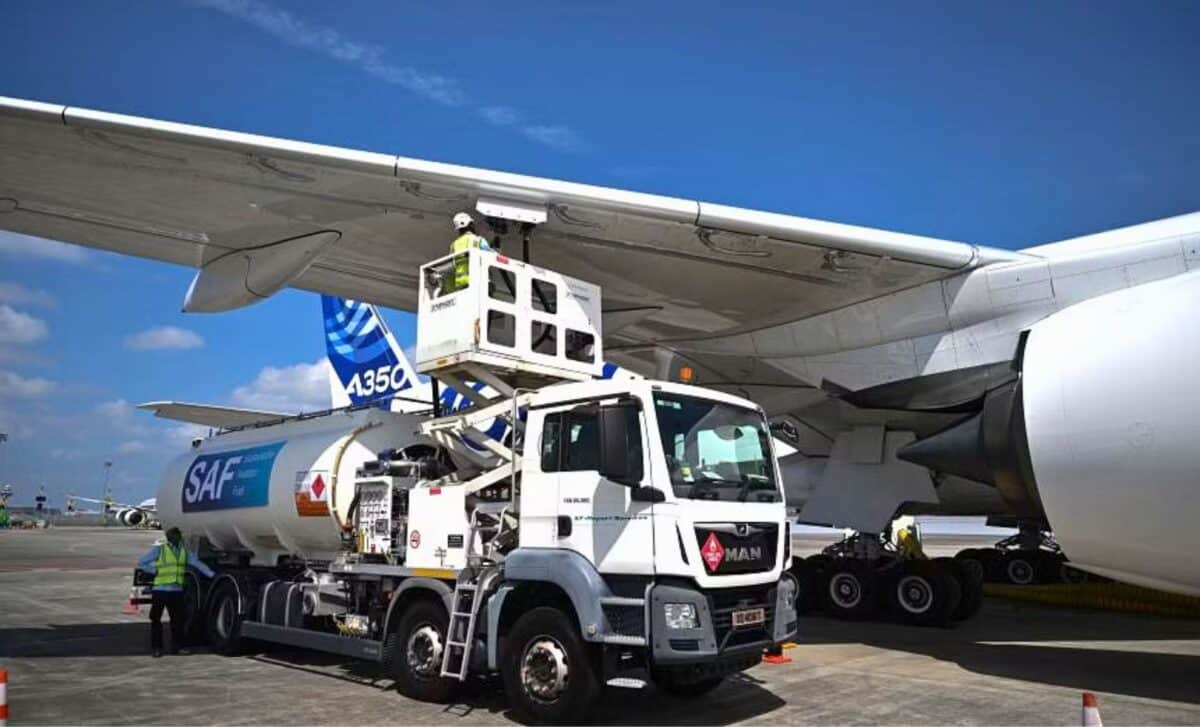
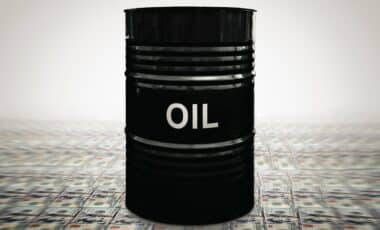
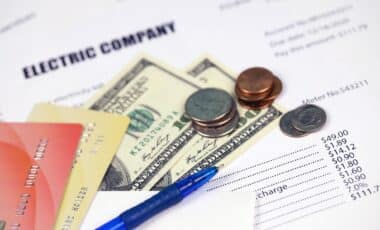
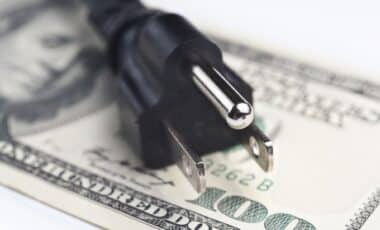

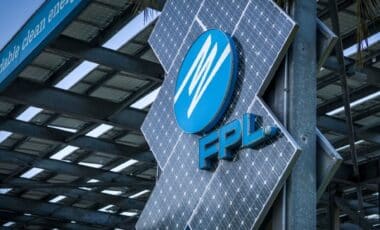
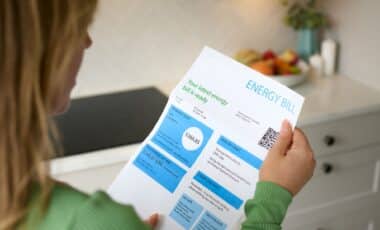


Passenger planes and helicopters yes, military aircraft probably no